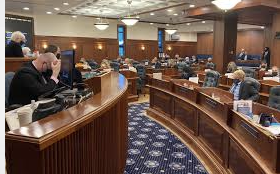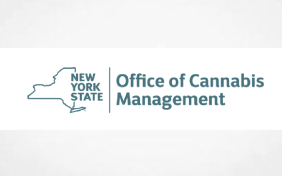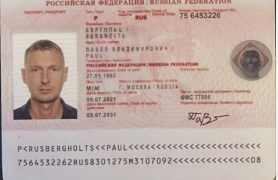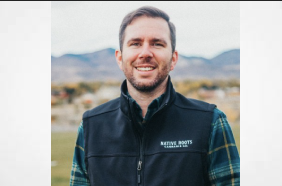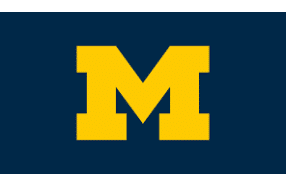MARQUETTE — Melanie Combs was driving in southern California on vacation in 2018 when her eyes widened at the sight of a billboard advertising marijuana.
The sign not only caught her eye, but it showed the Lake Orion teen — then 18 — that attitudes about marijuana were changing. Maybe, she recalled, she could make a career out of pot.
“I saw how California’s cannabis industry was prevailing, and I knew that’s where we are heading, as a nation, let alone Michigan,” Combs said.
When Combs returned home, she scrolled through Facebook and noticed an ad for Northern Michigan University’s cannabis degree program, the first of its kind in the nation.
It seemed like a sign. Her parents were another story.
“They were not very supportive of it as a whole,” said Combs, now 23, who says she has long had a “personal interest” in marijuana. “However, once they saw that it could be a successful career path, they never turned back and have always been supportive of me.”
Three years after recreational marijuana became legal, pot has grown to a $2 billion annual industry in Michigan, employing some 32,000 workers and becoming the nation’s fourth-largest marijuana market.
Last year, jobs increased 33 percent in Michigan — and universities are rushing to supply the industry with workers like Combs. Northern led the way in 2017 with a Cannabis Studies program that offers bachelor degrees, followed in 2019 by Lake Superior State University.
They are among just 22 universities nationwide that offer cannabis degrees, while Grand Valley and the University of Michigan also offer classes about cultivating the plant.
One big problem: Marijuana is still federally banned, forcing universities to get creative about how they teach the chemistry, cultivation and marketing of what the U.S. government deems a Schedule I narcotic.
That means Combs and other students can’t grow pot, get university credit for interning in marijuana businesses or attend cannabis job fairs on campus.
Doing so could jeopardize university federal funding, which comprises about 2 percent of university funding nationwide. More than 90 percent of student loans are backed by the federal government, and could be in jeopardy if universities violate federal rules.
“No one wants that, especially when so many of our students are from out of state and receive that funding,” said Professor Mark Paulsen, who heads NMU’s Chemistry Department.
‘It’s complicated’
The federal ban means students can’t even touch marijuana on campus, so instructions involve locally grown hemp, a type of cannabis that is legal because it contains a very low dosage of the psychoactive chemical THC.
While the marijuana industry has to remain at arm’s length from Northern, its connections run deep.
The university has an advisory council made up of cannabis industry leaders that weigh in on which curriculum structures would make students the most employable after graduation.
The cannabis program’s lab is named after Shimadzu Corp., a Japanese company that builds cannabis testing equipment and in 2019 donated nearly $1 million in technology to the school’s medical plant chemistry program.
In April, over concerns from university lawyers, Northern hosted the “Great Lakes Cannabis Education Conference,” which facilitated conversations between students and marijuana industry leaders.
Read full article at
https://www.bridgemi.com/talent-education/marijuana-101-how-michigan-colleges-work-around-federal-ban-teach-pot
